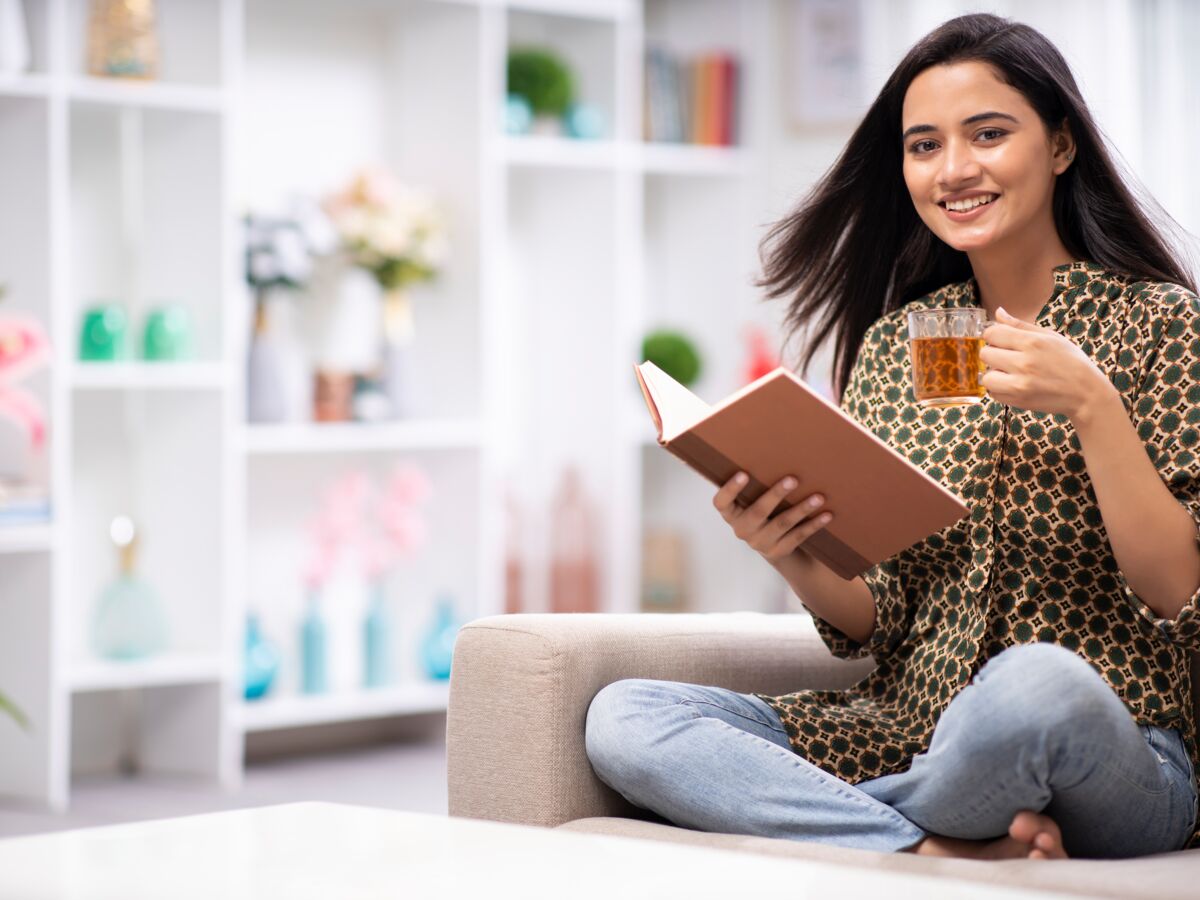As old as the world, herbal tea (generic term for what is infused) augurs the first cold weather, relieves minor ailments and is drunk with pleasure. Nicknamed piss-granny or grandmother’s remedy, she takes advantage of her old-fashioned aura to seduce the youngest and shower social networks with clichés. The French consume 134 cups per year per person*. Supermarkets are rolling out a wide range of infusions with seductive promises and fake online specialists sell questionable products. In the end, nothing equals the productions of peasant-herbalists to find near you, online or in real herbalists.
*Source: Tea and infusion plants union
Herbalist, a profession that no longer exists
The law of September 11, 1941, promulgated by the Vichy regime, put end to the issuance of an official herbalist diploma and gave a monopoly to pharmacists. “If in the past they were trained, today this is no longer the case.”, says Mathilde Sézérat, doctor of pharmacy, graduate in Phyto aromatherapy and founder of Herbathera*. Despite his nine years of study and his organic and French medicinal plants, he is forbidden to mention the word health.
Herbathera Herboristerie, 20, rue de Cotte, 75012 Paris.
A limited herbarium for herbal teas
Only 148 medicinal plants are authorized in herbalism, while the food supplement industry uses 541 species in its capsules that can be sold outside pharmacies. “As long as the profession is not recognized, the market will not be regulated and consumers will not be protected.”, continues the doctor of pharmacy. Supported by senators, associations and the SIMPLES union, the French Federation of Herbalism Schools (five in France) battle since 2013 to abolish the law and impose specifications. In vain.
Doubtful compositions proven
Last year, the magazine’s researchers 60 Million consumers discovered pesticide residues (including glyphosate!), insects, rodent hairs and even fragments of stone and plastic in five verbena infusions. Reputedly natural, some herbal teas hide artificial flavors which replace plant flavors at a lower cost. Gourmet fruit-based mixtures should be looked at closely: only buy them if it is rated “without added flavor”.
Too many fanciful health claims
While the European Union is in the process of verifying the health claims of infusions, those, for example, with chamomile still promise sleep. “Which of its 150 varieties is used? What part of the plant? The flower or the leaf? The two do not have the same properties”, gets angry Mathilde Sézérat, recalling that these tea bags contain less than 1 g of plant while you need 3 g. Detox blends trigger his anger. “A cure to detoxify the liver is only done at seasonal changes, not after a meal..”
Precautions to take
“No plant is harmless. Some create bad interactions with medications (Editor’s note: no licorice in case of hypertension or severe kidney failure; St. John’s wort (flowering tops) in case of bipolar disorders or, even artichoke, dandelion or turmeric during obstruction of the bile ducts..*) Others, sold mixed, but incompatible with each other for their opposite active ingredients, cause undesirable effects“, warns Ferny Crouvisier, president of the Association for the Renewal of Herbalism (ARH*) and director of the French Institute of Herbalism. “In France, 80% of plants sold come from abroad. Without us knowing it, a bag can contain a flower from Eastern Europe, another from China, etc.“
*Source: The Association for the Revival of Herbalism (ARH). arh-herboristerie.org.
Opt for small organic production
If France has around 750 peasant-herbalists, “the main medicinal herb crops are under intensive cultivation”, specifies Alban Saunier, ex-chemist converted to organic farmer-processor in Ardèche. “The plants collected by machines are then ground into powder. Nothing remains of their properties or their taste. It’s hay!” He favors fresh, well-cultivated plants, harvested in good condition and picked by hand.
lartdeschamps.fr
Choose real herbalists
Aline Roux, ex-horticulture teacher, trained in herbalism to settle in Bergerac. “I favor local productions, buthibiscus very fashionable is necessarily imported from Africa“, she regrets. To mixtures containing more than ten plants, she prefers infusions containing only between one and five. For example: linden, verbena and lemon balm which promote sleep, meadowsweet which drains or hawthorn which tempers tension.
Herbal teas in a few figures
- 1 in 2 French people say they are fans of well-being, fruity or detox herbal teas.
- 43% of infusions on the shelves display the organic label
- 2,960 tonnes of infusions are sold in supermarkets, representing a turnover of 174 million euros in 2020.
Hand-picked every morning
“I chose organic farming because it would be absurd to make a medicinal product with plants supported by chemistry. I harvest by hand around forty varieties, including ten wild, representing a production of 350 kg of dry plants. The poppy takes a long time to glean: I pick its petals one by one, each morning in the cool to obtain only one kilo after several weeks of work. Plants and flowers dry in a barn on windbreak nets, protected from light and humidity. My herbal teas cost €5.50 per bag, but with 15 g of verbena, lemon balm, angelica, marshmallow or elderberry, you can make 15 cups…“
In Sains, in Ille-et-Vilaine, Anaïs Kerhoas grows medicinal plants and composes organic herbal teas that Breton chef Olivier Roellinger appreciates.
Read also :
⋙ Be careful with herbal teas during pregnancy: what plants should you avoid?
⋙ Beware of these infusion bags from a major brand which have too high a level of pesticides
⋙ Decoction, maceration and infusion: what are the differences?
